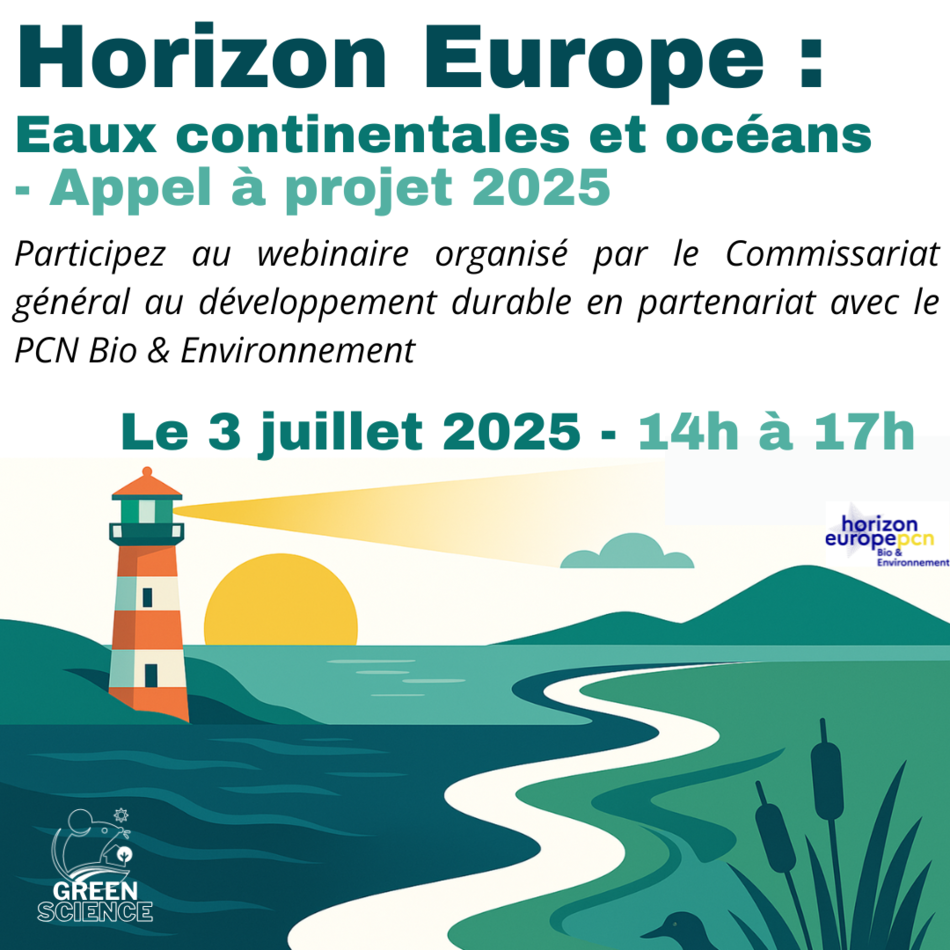ExpectedOutcome:
Enable the industrialisation and new services in space by intelligent solutions and concepts, exploiting synergies with terrestrial sectors and cultivating an AppStore and Open-Architecture mentality.
Therefore, automation, robotics and artificial intelligence (AI) especially in combination with standardisation, modularisation and digitalisation are key enablers, improving space systems and satellites’ flexibility and cost-efficiency, increasing sustainability and accessibility, introducing mass-customisation and cooperative design as well as simplifying operations.
Each project is expected to contribute to one or several of the following outcomes:
- A future space ecosystem, fostering the industrialisation and business in space as well as supporting scientifically meaningful missions by using synergies with terrestrial sectors, building on spacecraft modularity, simplifying operations and make plug-and-play modules more common as well as enabling on-orbit services such as maintenance, assembly, manufacturing, re-configuration, recycling, logistics, warehousing, etc.
- Game-changing technologies, tools and processes enhancing on-orbit servicing applications and contribute to the protection of the in-space future ecosystem (e.g. debris mitigation).
- A paradigm shift towards sustainable, highly automated, flexible and economical viable space infrastructure, to maximise commercial opportunities in space and on Earth.
This will contribute to, in the medium to long term, developing, deploying global space-based services and contribute to fostering the EU's space sector competitiveness, as stated in the expected impact of this destination.
Scope:
The areas of R&I, which need to be addressed to tackle the above expected outcomes are:
1) R&I on new scalable satellite platform concepts and building blocks increasing the degree of satellite modularisation. Aiming at intelligent, adaptable and maintainable systems with plug-and-play compartmentalised functionalities (modules) that will introduce both, on-orbit re-configuration and re-use/re-cycling of spacecraft parts fostering debris mitigation, as well as increased system redundancy, inherently. The approach should consider an innovative, scalable and adaptive framework concept for a ‘European construction kit for satellite systems and applications’, following the AppStore approach and fostering development of compartmentalised functionalities (modules) for satellite systems independently from mission. The framework should address the needs from building block developers as well as from end-users. As one result, functional satellite modules (Orbital Replaceable Units to deliver new/enhanced functionality) should be developed (TRL 5-6) to upgrade the satellite platform of the orbital demonstration mission[1] by using pre-existing standard interfaces[2] (plug-and-play concept). The module design should support the integration of different pre-existing standard interfaces113. Further reference is given in a technical guidance document applicable to this area[3].
2) R&I on new on-orbit services concepts concentrating on a next generation of potential business cases (e.g. satellite recycling, transfer services, logistics, warehousing, etc.) contributing to a sustainable space infrastructure and in-space ecosystem development. Work should include, but not be limited to, market & trend analyses, design of mission and system architecture, and feasibility studies.
3) R&I to identify, develop and implement AI and industry 4.0 means (e.g. virtual design, digital twins, virtual testing) in order to attain Rapid Development, Production and Assembly Integration and Testing (AIT) processes in satellite life cycle.
Proposals should explore relevant and promising solutions derived in Horizon 2020 activities, especially project results from the Strategic Research Clusters Space Robotics Technologies[4] and Electric Propulsion[5].
A proposal may address more than one area but must indicate the main area addressed, and is expected to promote cooperation between different actors (industry, SMEs and research institutions) and consider opportunities to quickly turn technological innovation into commercial space usage.
To ensure a balanced portfolio covering the three areas described above, grants will be awarded to applications not only in order of ranking but at least also to one project that is the highest ranked within each area, provided that the applications attain all thresholds.
In this topic the integration of the gender dimension (sex and gender analysis) in research and innovation content is not a mandatory requirement.
Specific Topic Conditions:
Activities addressing area 1 of the call topic are expected to achieve TRL5-6 by the end of the project – see General Annex B.
Cross-cutting Priorities:
Digital AgendaArtificial Intelligence
[1]To be developed under topic HORIZON-CL4-2022-SPACE-01-11
[2]Multi-functional interface for OOS applications providing at least transfer of mechanical loads, power and data, (e.g. HOTDOCK, iSSI or SIROM)
[3]Published on the EU funding and tenders portal (https://ec.europa.eu/info/funding-tenders/opportunities/portal)
[4]www.h2020-peraspera.eu
[5]www.epic-src.eu





